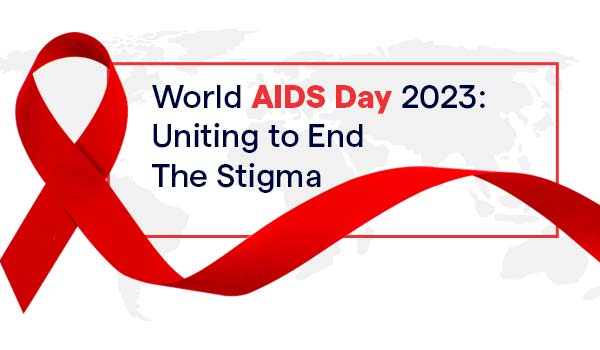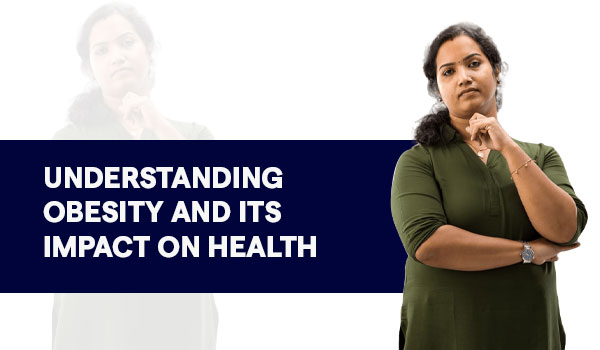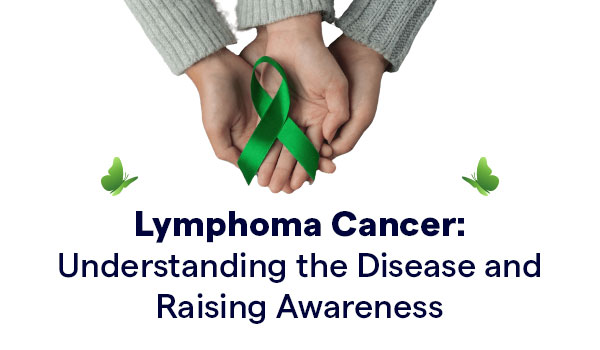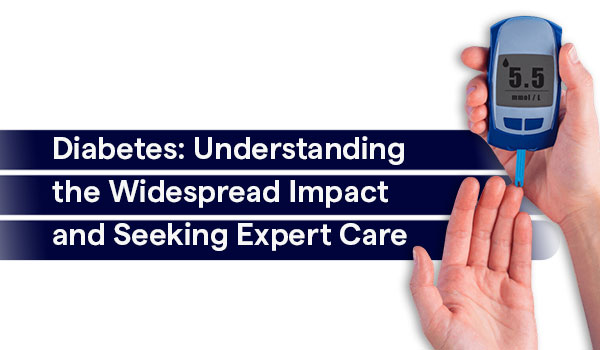
This year, guided by the WHO theme "Let Communities Lead," we explore the complex facets of HIV/AIDS, ranging from the most recent global statistics to the influential local initiatives shaping our community's response.
World AIDS Day transcends being merely a date on the calendar; it serves as a compelling call to action. It presents us with an opportunity to unite, learn, and advocate for a world where every individual, irrespective of their HIV status, can lead a life free from the shadow of judgment or discrimination. Together, let us break the silence, cultivate understanding, and pave the way for a future where compassion prevails over stigma.
Beyond Health
The Human Immunodeficiency Virus (HIV) has profoundly influenced the global landscape, touching the lives of millions and entire communities. Beyond its primary impact on health, the consequences of HIV/AIDS ripple far beyond the realms of medical implications. Let's compassionately explore the intricate effects of HIV and the challenges it poses for both individuals and communities.
Health Implications:
The foremost consequence of HIV is its direct effect on individuals' health. HIV undermines the immune system, rendering the body susceptible to opportunistic infections and diseases. In the absence of adequate treatment and care, the condition can advance to Acquired Immunodeficiency Syndrome (AIDS), a critical stage characterized by severe compromise of the immune system. It underscores the importance of compassionate support and comprehensive healthcare in addressing the challenges posed by HIV.
Social Stigma and Discrimination:
Among the far-reaching impacts of HIV/AIDS, the pervasive social stigma associated with the virus stands out. Misinformation, fear, and prejudice have given rise to discrimination against individuals living with HIV. The consequences of this stigma extend beyond the physical, significantly affecting the mental health of those directly impacted. Moreover, it acts as a terrifying barrier to testing, treatment, and the essential support that individuals affected by HIV require.
Economic Consequences:
HIV/AIDS frequently emerges during the most economically active years of an individual's life. The confluence of associated healthcare costs, potential job loss, or diminished productivity can result in significant economic challenges for those affected and their families. This economic strain resonates through communities, potentially impacting overall development. Addressing these challenges with empathy and comprehensive support is vital to mitigating the broader socio-economic repercussions of HIV/AIDS.
Community Strain:
Communities bear a profound impact when confronted with the prevalence of HIV/AIDS, as it tends to strain social networks and support systems. The loss of community members, combined with the challenges faced by those living with HIV, fosters a sense of collective grief and underscores the imperative for reinforcing community support structures. Nurturing empathy and understanding within communities is crucial to navigating the complexities and promoting resilience in the face of these challenges.
Global Development Challenges:
On a global scale, the implications of HIV/AIDS present challenges to sustainable development. The prevalence of the virus in specific regions can hinder progress in critical areas like healthcare, education, and economic stability, exerting a tangible effect on the overall well-being of societies.
The battle
In the ongoing efforts against HIV/AIDS, prevention and education emerge as formidable allies. As we navigate the intricate terrain of this global health challenge, let us delve into the foundational pillars of prevention and education, recognizing their essential role in breaking the chain of transmission. It is through a compassionate and informed approach that we can effectively address the complexities surrounding HIV/AIDS and work towards building a healthier and more resilient global community.
Knowledge as a Shield:
Empowering individuals with knowledge forms the cornerstone of effective HIV/AIDS prevention. A thorough comprehension of how the virus is transmitted, the importance of adopting safe practices, and the significance of regular testing provide individuals with the tools to make informed decisions about their health. This emphasis on education fosters personal well-being and contributes to a collective effort to create a healthier and more informed community.
Safe Sex Practices:
At the heart of prevention lies the promotion of safe sex practices. Advocating for the use of both male and female condoms remains a pivotal strategy in minimizing the risk of transmission during sexual activity. Fostering open conversations about sexual health further contributes to cultivating a culture of responsibility and care.
Say no to drugs:
Individuals who share needles or syringes while engaging in intravenous drugs face a heightened risk of HIV transmission.
Individuals who share needles or syringes while engaging in intravenous drug use face a heightened risk of HIV transmission. Initiatives aimed at addressing this challenge should prioritize the promotion of healthy coping mechanisms, the cultivation of resilience in individuals, and a comprehensive approach to addressing the underlying factors that contribute to drug abuse and HIV transmission.
Regular Testing and Early Detection:
Regular HIV testing constitutes a crucial element of prevention. Early detection facilitates timely medical intervention, significantly lowering the risk of the virus progressing to more advanced stages. Raising awareness about the accessibility and confidentiality of testing services empowers individuals to take charge of their health proactively.
Access to Treatment and Care:
Education encompasses an understanding of the advancements in HIV/AIDS treatment. Ensuring access to antiretroviral therapy (ART) and promoting medication adherence play pivotal roles in effectively managing the virus. A well-informed populace is more likely to seek and adhere to treatment, thereby minimizing the impact on individual health.
Prevention of Mother-to-Child Transmission (PMTCT):
A crucial focus in the battle against HIV is preventing transmission from mother to child. Education on Prevention of Mother-to-Child Transmission (PMTCT) strategies, encompassing antenatal care, the use of antiretroviral drugs during pregnancy, and safe breastfeeding practices, significantly contribute to the health and well-being of both mothers and infants.
Need for Comprehensive Sex Education:
Incorporating comprehensive sex education into school curricula is crucial for instilling responsible behaviors from an early age. Age-appropriate education empowers young people with the knowledge and skills necessary to make informed decisions about their sexual health, ultimately reducing the risk of HIV transmission.
Combatting Stigma and Discrimination:
Education stands as a powerful tool in combating the stigma associated with HIV/AIDS. By promoting understanding and empathy, we can effectively break down barriers, fostering an environment where individuals feel encouraged to seek testing and treatment without fearing judgment or discrimination.
Compassionate Care Through Treatment
Within the realm of HIV/AIDS, the landscape of treatment and care has undergone significant evolution, turning what was once viewed as a life-altering diagnosis into a manageable chronic condition. As we delve into the strides made in medical science and embrace a holistic approach to care, it becomes evident that providing support and understanding is just as integral as the medical interventions themselves.
Antiretroviral Therapy (ART):
At the core of HIV/AIDS treatment lies Antiretroviral Therapy (ART). These medications play a pivotal role in suppressing the replication of the virus, enabling individuals with HIV to lead healthy and productive lives. Recognizing the significance of consistent adherence to ART is crucial for ensuring its effectiveness.
Early Detection and Timely Intervention:
Timely detection of HIV is a cornerstone of effective treatment. Regular testing ensures that individuals receive prompt diagnoses, allowing for the timely initiation of Antiretroviral Therapy (ART). Early intervention preserves immune function and significantly reduces the risk of transmission to others.
Multidisciplinary Healthcare Teams:
Addressing the complexity of HIV/AIDS necessitates a multidisciplinary approach to healthcare. Beyond administering antiretroviral medications, individuals derive substantial benefits from the expertise of diverse healthcare professionals, such as infectious disease specialists, psychologists, nutritionists, and social workers.
Mental Health Support:
Recognizing the emotional toll of living with HIV/AIDS emphasizes the importance of prioritizing mental health support. Access to counseling services and participation in support groups play crucial roles in assisting individuals as they navigate the psychological aspects of their journey. This contributes to reducing stigma and promotes the overall well-being of those affected.
Nutritional Guidance:
Nutrition plays a vital role in the management of HIV/AIDS. A balanced diet is instrumental in maintaining a healthy immune system and supporting the effectiveness of antiretroviral medications. Nutritional guidance is frequently integrated into comprehensive care plans.
Prevention and Treatment of Opportunistic Infections:
HIV compromises immunity, heightening an individual's vulnerability to opportunistic infections. Comprehensive care encompasses preventive measures and timely treatment of infections to safeguard overall health.
Regular Monitoring and Adherence Support:
Regular monitoring of viral load and CD4 count enables healthcare providers to assess the effectiveness of treatment. Adherence support programs play a crucial role in assisting individuals to stay on track with their medication regimen, ensuring optimal outcomes.
In the pursuit of a world liberated from the challenges of HIV/AIDS, the dedication to compassionate care and comprehensive treatment stands as our foremost commitment. Embracing a holistic approach that addresses the medical, psychological, and social dimensions enables us to envision a future where individuals with HIV not only endure but flourish.
Expansion of the AIDS epidemic
As we mark World AIDS Day, let us unite in advocating for a world where compassion and understanding prevail. Sir Ganga Ram Hospital, at the forefront of healthcare, invites you to join our mission. Together, we can break the silence, eradicate stigma, and promote access to quality care for those affected by HIV. Your support matters—let's foster an environment where everyone, irrespective of their HIV status, experiences dig.
For more queries, Book an Appointment with Sir Ganga Ram Hospital.




